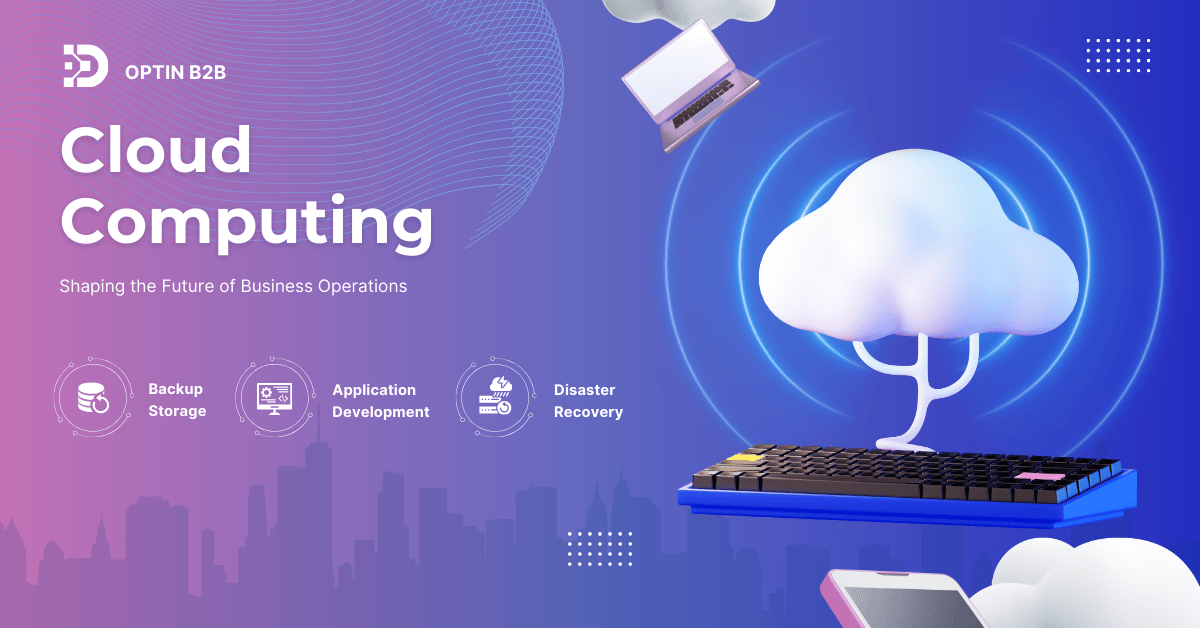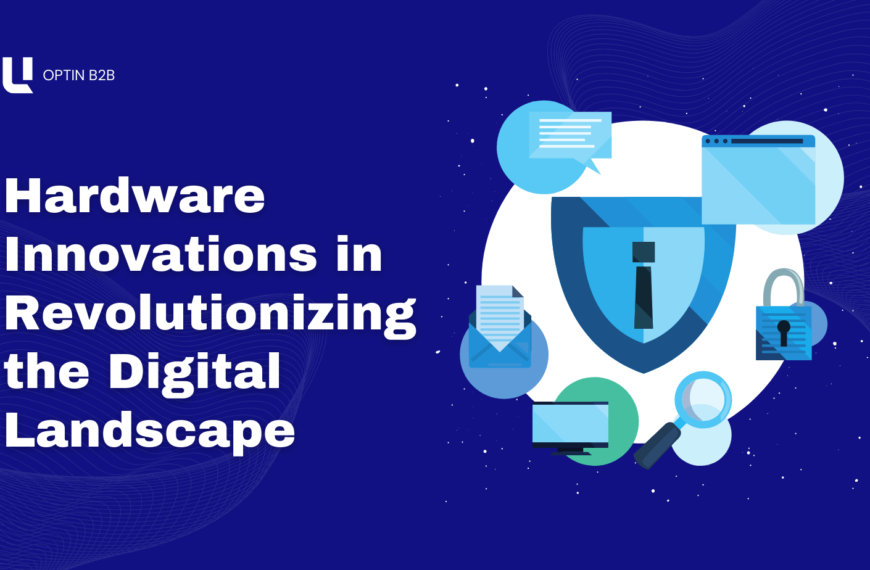Cloud computing has proven itself to be one of the most transformative forces in business technology. As organizations face the pressures of digital transformation, cloud solutions offer the scalability, flexibility, and cost-efficiency needed to stay competitive. From startups to large enterprises, the ability to store, process, and analyze vast amounts of data remotely has redefined how business operations function in today’s digital-first world.
For many companies, the cloud offers an alternative to expensive, on-premise data centers, enabling businesses to focus on their core operations rather than the complexities of infrastructure management. Providers like Amazon Web Services (AWS), Microsoft Azure, and Google Cloud Platform (GCP) continue to dominate the market by offering diverse services like compute power, storage, machine learning, and artificial intelligence tools.
In retail and e-commerce, cloud solutions are driving innovation by offering enhanced customer experiences and streamlined operations. Companies like Shopify and Walmart leverage cloud infrastructure to power their e-commerce platforms, manage inventories, and personalize shopping experiences. Cloud-based customer relationship management (CRM) systems, such as Salesforce, enable businesses to track customer behavior and deliver targeted marketing campaigns.
The financial industry also benefits significantly from cloud computing. Banks and financial services organizations are increasingly utilizing cloud infrastructure for secure data storage, transaction processing, and AI-driven analytics. Cloud-based solutions allow financial institutions to scale quickly, reduce costs, and improve fraud detection efforts. Companies like Goldman Sachs and JPMorgan Chase are investing heavily in cloud to stay ahead of the competition and optimize their operations.
However, while the cloud offers tremendous benefits, businesses must be mindful of certain risks, including security, privacy, and data governance concerns. It’s essential for companies to partner with cloud providers that adhere to stringent security measures and industry regulations. Many providers, including AWS and Microsoft, have introduced robust security features such as end-to-end encryption, identity and access management, and multi-factor authentication to address these concerns.
The future of cloud computing looks even more promising. With the growing adoption of edge computing, companies will be able to process data closer to where it’s generated, reducing latency and increasing efficiency. As businesses continue to seek greater innovation and operational flexibility, cloud computing will undoubtedly play a pivotal role in shaping the digital future.














